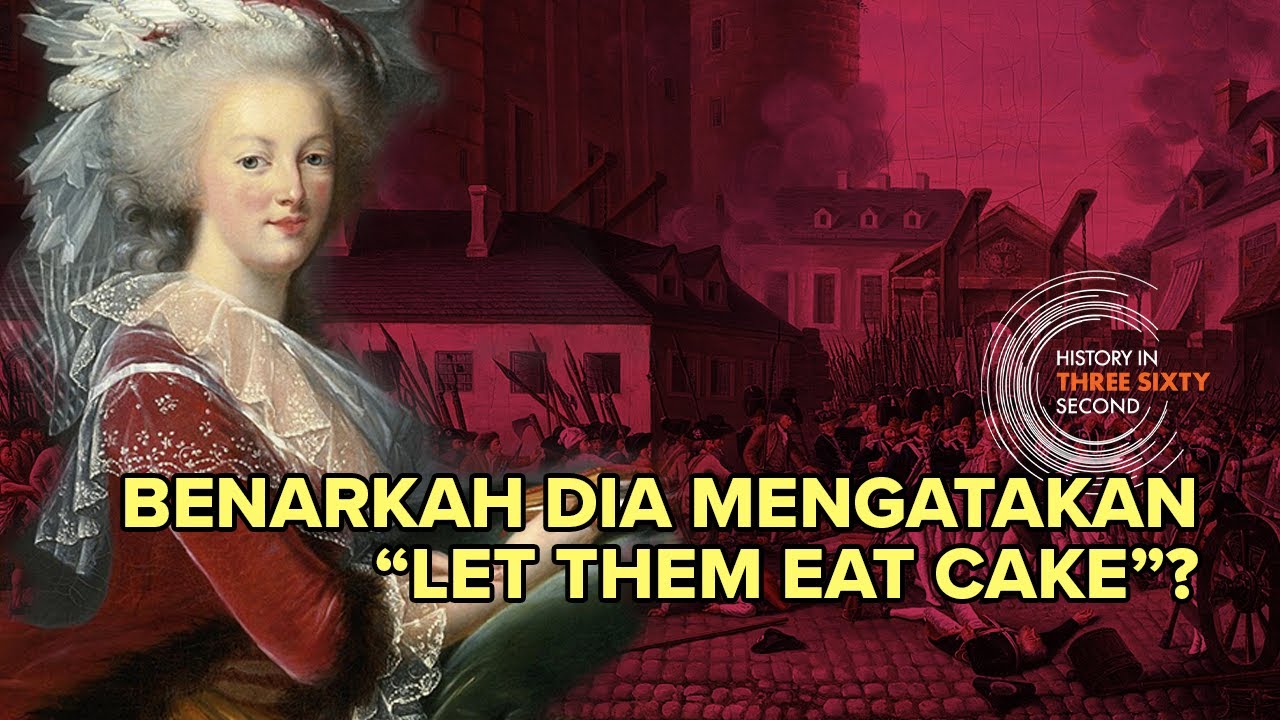C’est qui Pasteur ? - 1 jour, 1 question
Summary
TLDRLouis Pasteur, born in 1822 and deceased in 1895, is renowned as one of France's greatest scientists. Initially a skilled artist, he transitioned to science in his youth, making significant contributions to medicine through his study of fermentation and the discovery of vaccines. Pasteur's understanding of microorganisms led to the development of the rabies vaccine, saving countless lives. His advocacy for handwashing to prevent microbial infections underscores his lasting impact on public health.
Takeaways
- 🧪 Louis Pasteur was a renowned French scientist known for his work in chemistry, physics, and especially medicine.
- 🎨 Pasteur was initially talented in drawing but chose to pursue a career in science during his teenage years.
- 🍞 His scientific research led him to study fermentation, which was the basis for his most famous discovery, the vaccine.
- 🔬 Pasteur discovered that living microorganisms, such as yeast, could change substances, which is the principle behind bread and beer making.
- 🧼 He advocated for regular handwashing to prevent microbial infections, a practice still crucial today.
- 🐶 Pasteur's research into rabies, a deadly disease transmitted by animal bites, led to significant breakthroughs.
- 💉 In 1884, Pasteur developed a vaccine to prevent rabies in humans bitten by infected animals, marking a milestone in medical history.
- 🛡️ Vaccination, pioneered by Pasteur, has since saved millions of lives worldwide by providing immunity against various diseases.
- 🤔 The script encourages viewers to ask questions, highlighting the importance of curiosity and inquiry in scientific discovery.
- 📚 The narrative provides a brief overview of Pasteur's life and contributions, emphasizing his impact on the field of microbiology and public health.
- 🌟 Louis Pasteur's work has left a lasting legacy, with his discoveries continuing to influence modern medicine and vaccination practices.
Q & A
Who was Louis Pasteur and what is his significance in history?
-Louis Pasteur was a French chemist and physicist born in 1822 and died in 1895. He is considered one of the greatest scientists in history, particularly known for his contributions to medicine.
What was Pasteur's initial talent and how did he transition to science?
-Pasteur was initially very talented in drawing, but he abandoned art for science during his adolescence.
What scientific field did Pasteur's work lead him to explore?
-Pasteur's scientific work led him to explore fermentation, which became the origin of his most famous discovery, the vaccine.
What was Pasteur's understanding of micro-organisms and their role in change?
-Pasteur understood that living micro-organisms are capable of changing matter, such as ferments, exemplified by yeast used in bread and beer production.
How did Pasteur's research on microbes influence hygiene practices?
-Pasteur's research on microbes led him to advise regular hand washing to prevent microbial infections.
What disease did Pasteur begin to study and why is it significant?
-Pasteur began to study rabies, a terrible disease transmitted to humans through bites from infected animals like dogs, which is significant due to its deadly nature.
In 1884, what significant event occurred in Pasteur's research involving a child bitten by a rabid dog?
-In 1884, Pasteur received a visit from a child who had been bitten by a rabid dog. He injected the child with a product to prevent the onset of disease, which is known as a vaccine.
What is the purpose of a vaccine according to Pasteur's work?
-According to Pasteur's work, a vaccine is used to protect individuals from diseases by preventing them from becoming ill after exposure to the disease-causing agent.
How have Pasteur's contributions to vaccine development impacted the world?
-Pasteur's contributions to vaccine development have saved millions of lives worldwide by preventing various diseases through vaccination.
What is the script suggesting about the role of questioning in understanding scientific concepts?
-The script suggests that questioning is an essential part of understanding scientific concepts, as it invites further exploration and clarification of ideas.
What did Pasteur's work on fermentation reveal about the nature of diseases?
-Pasteur's work on fermentation revealed that certain diseases, like rabies, could be prevented or treated through the understanding and manipulation of micro-organisms.
Outlines

Dieser Bereich ist nur für Premium-Benutzer verfügbar. Bitte führen Sie ein Upgrade durch, um auf diesen Abschnitt zuzugreifen.
Upgrade durchführenMindmap

Dieser Bereich ist nur für Premium-Benutzer verfügbar. Bitte führen Sie ein Upgrade durch, um auf diesen Abschnitt zuzugreifen.
Upgrade durchführenKeywords

Dieser Bereich ist nur für Premium-Benutzer verfügbar. Bitte führen Sie ein Upgrade durch, um auf diesen Abschnitt zuzugreifen.
Upgrade durchführenHighlights

Dieser Bereich ist nur für Premium-Benutzer verfügbar. Bitte führen Sie ein Upgrade durch, um auf diesen Abschnitt zuzugreifen.
Upgrade durchführenTranscripts

Dieser Bereich ist nur für Premium-Benutzer verfügbar. Bitte führen Sie ein Upgrade durch, um auf diesen Abschnitt zuzugreifen.
Upgrade durchführenWeitere ähnliche Videos ansehen

Louis Pasteur I Quelle Histoire - TV5 Monde

Qual a ORIGEM DA VIDA? | Conheça as 7 TEORIAS Principais!

Louis Pasteur y el origen de la microbiología moderna | Grandes hist. de la ciencia | CIEN&CIA 5x01

William Shakespeare - Playwright | Mini Bio | BIO

O que aconteceu a Bobby Fischer, o maior jogador de xadrez de todos os tempos?

Marie Antoinette, Ratu Prancis Yang Mati Tragis | HISTORIA.ID
5.0 / 5 (0 votes)
